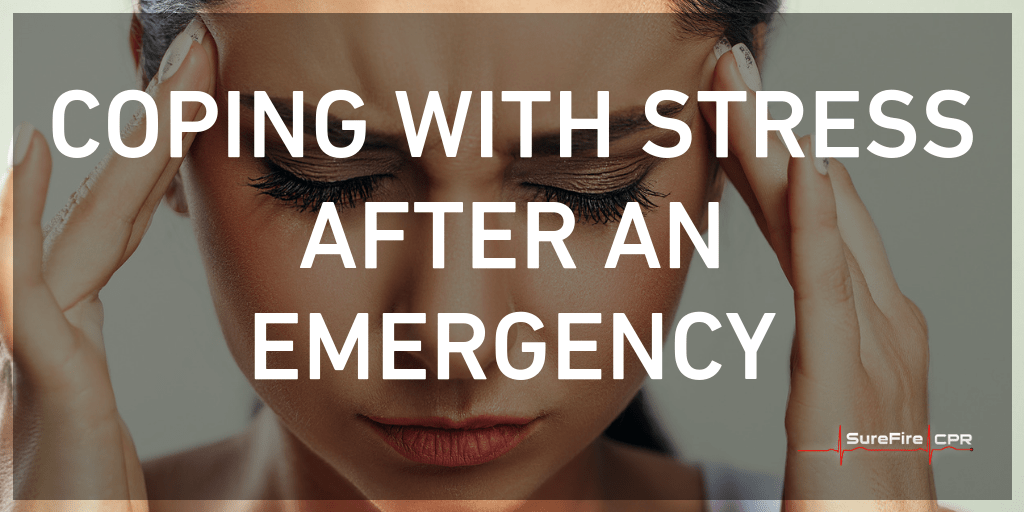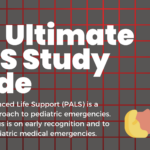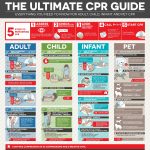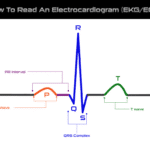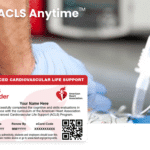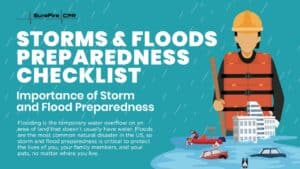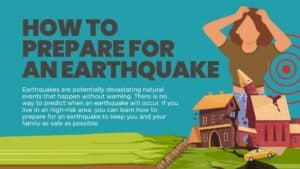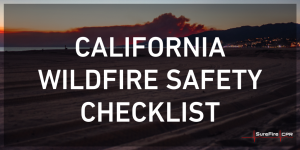First responders run toward accidents, natural disasters, and other emergencies. They offer critical aid to those in need – even if it means putting themselves in danger. At the same time, first responders are frequently tasked with making life-or-death decisions – something that makes any first responder’s stress levels rise.
Stress occurs when the body reacts to a change that requires any type of response. It is a normal reaction due to changes to a person’s body, thoughts or environment. In small doses, stress can make people more alert and motivated. Too much stress, however, causes fatigue, headaches, irritability, and other physical and emotional symptoms.
Ultimately, stress management and prevention are key for first responders. With the proper methods and techniques for coping with stress, first responders can keep their stress levels in check and provide critical assistance in all types of emergencies.
There are lots of ways to cope with stress before, during and after an emergency. Now, let’s take a look at tips to help first responders do just that.
How to Cope with Stress Before an Emergency
Emergency preparedness training puts first responders in position to succeed. Cardiopulmonary resuscitation (CPR), basic first aid and other emergency preparedness classes are available nationwide. These classes provide first responders with the skills and confidence they need to deliver life-saving support in emergencies. They are also taught by emergency preparedness experts who can offer real-world insights on how to cope with stress before, during and after emergencies.
Of course, when a first responder finds out about an emergency, his or her first instinct is to act right away. To alleviate stress in the moments leading up to his or her arrival at an emergency, a first responder should try to learn as much as possible about the incident. With the information in hand, a first responder can determine his or her role in an emergency. As a result, a first responder will be able to quickly and confidently deliver critical support once he or she arrives on the scene.
If an emergency requires a long trip or extended time away from home, notify loved ones. A first responder should let family members, friends, and other loved ones know that he or she will be temporarily unavailable. That way, a first responder won’t have to worry about staying in touch with these loved ones for the time being and can focus exclusively on the task at hand.
Additionally, emergencies sometimes cause work delays. In these scenarios, notify a supervisor about an emergency. Then, a supervisor can plan for any work tasks that need to be completed while a first responder is providing emergency support.
How to Cope with Stress During an Emergency
If first responders work together, they can speed up and improve emergency response and limit the risk of burnout and secondary traumatic stress during an emergency.
Burnout occurs due to extreme exhaustion and feeling overwhelmed. It typically makes it tough to focus, and as such, may put a first responder and others in danger.
Comparatively, secondary traumatic stress refers to emotional stress that occurs due to another person’s exposure to trauma. It often causes physical and emotional symptoms similar to those associated with stress – despite the fact that an individual was not directly exposed to trauma.
First responders who can identify the signs of burnout and secondary traumatic stress in themselves and others can address such issues before they escalate.
If a first responder experiences any signs of burnout or secondary traumatic stress, take a break. This often helps a first responder separate himself or herself from an emergency, refocus and return to an emergency with a fresh perspective.
Also, it frequently helps to use a buddy system to cope with stress during an emergency. If two first responders work side by side, they can monitor each other’s health and well-being throughout an emergency. These first responders can help one another manage stress during an emergency, too.
How to Cope with Stress After an Emergency
First responders do everything they can to achieve the best possible results during an emergency. Yet first responders often strive for constant improvement. Meanwhile, the “what ifs” and second-guessing after an emergency may cause a first responder’s stress levels to increase.
For first responders, some of the best techniques to cope with stress following an emergency include:
- Write about your feelings and thoughts. Keep a journal to express feelings and thoughts about an emergency.
- Limit caffeine consumption. Caffeine drives the production of cortisol, i.e. the body’s “stress hormone,” and may make a first responder more susceptible to stress.
- Avoid alcohol. Alcohol is a depressant that contributes to anxiety and depression and often makes it difficult to cope with stress.
- Use relaxation exercises. Deep breathing, meditation, and other relaxation exercises can be performed in a variety of locations and help first responders quickly address stress.
- Eat a healthy diet. Green leafy vegetables, blueberries, and other vitamins- and nutrient-rich foods have been shown to help improve blood flow in the body and reduce stress.
- Stay active. Exercise releases endorphins, the brain’s feel-good neurotransmitters, to help lower stress.
- Get adequate sleep. Research indicates healthy adults generally require seven to nine hours of sleep to function at their best.
Critical Incident Stress Debriefing (CISD)
A critical incident stress debriefing (CISD) also offers a great solution to deal with post-emergency stress. It enables first responders and others who were affected by an emergency to share their experiences with a trained counselor or disaster response expert. By doing so, a CISD often helps participants cope with a wide range of physical, emotional and psychological symptoms after an emergency.
CISDs are typically sponsored by government agencies and take place within a few days of an emergency. A CISD group usually meets for about two hours, and multiple CISD sessions may be held in the initial days following an emergency.
During a CISD, participants are encouraged to provide details about their emergency experiences, as well as their thoughts, feelings, concerns, and questions related to an incident. Next, a trained counselor or disaster response expert offers comprehensive insights, resources, and tools to help CISD participants cope with post-emergency symptoms.
Lastly, there is no need to let stress linger after an emergency. If a first responder feels overwhelmed by stress following an emergency, talking to family members, friends and other loved ones may be beneficial.
A first responder who shares his or her feelings and thoughts about an emergency with loved ones may be better equipped than ever before to move past stress. Perhaps best of all, a first responder can communicate with his or her loved ones to cope with emergency-related stress both now and in the future.

